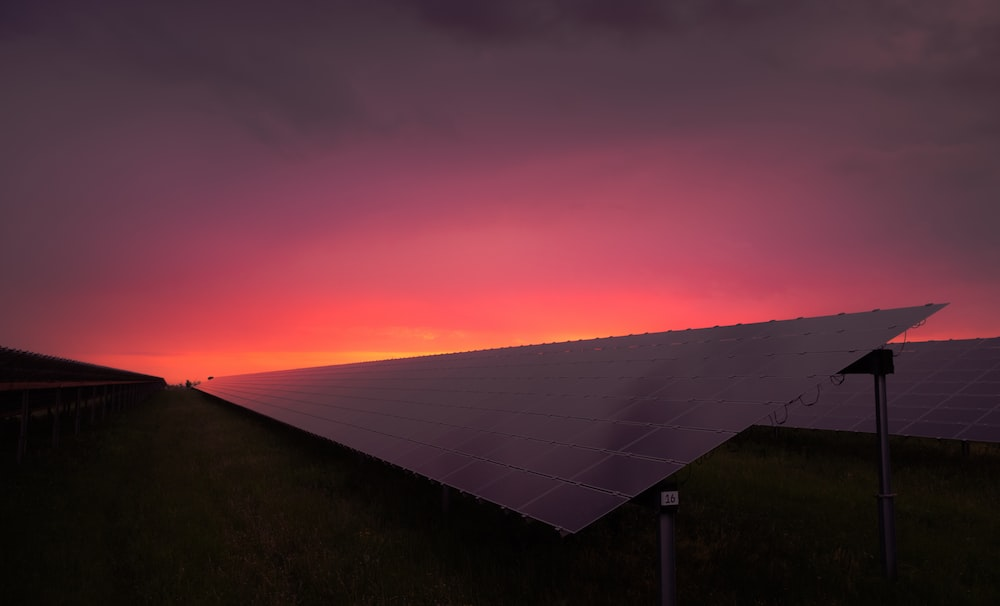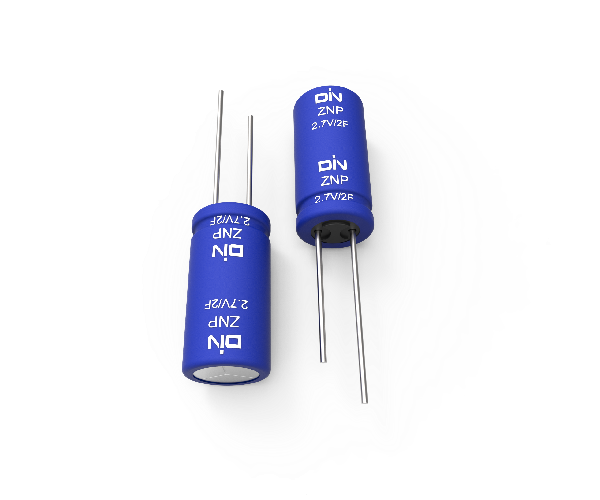What Ultracapacitor Can Do to Facilitate Photovoltaic Solar Energy Development
The global shift towards cleaner and more sustainable energy sources has put photovoltaic solar energy in the spotlight. Solar panels, by converting sunlight directly into electricity, offer a promising alternative to traditional fossil fuel-based power generation. Yet, a persistent challenge remains: how do we store the surplus energy generated during sunny days for use when the sun isn't shining? This is where energy storage technologies, particularly ultracapacitors, come into play.

Energy Storage in Photovoltaic Systems
Energy storage is a crucial element of any sustainable energy system. Solar panels generate electricity intermittently, and without an efficient way to store excess energy, the full potential of solar power remains untapped. While traditional batteries have been used for energy storage in photovoltaic systems, they come with their own set of limitations, including slow charging and discharging rates, a shorter lifespan, and environmental concerns. This has prompted the search for more advanced solutions.
The Rise of Ultracapacitors
Ultracapacitors, often called supercapacitors, represent a breakthrough in energy storage technology that bridges the gap between traditional batteries and capacitors. Unlike conventional batteries, which rely on chemical reactions for energy storage, ultracapacitors store energy electrostatically. This unique mechanism allows ultracapacitors to charge and discharge energy in a matter of seconds, making them ideal for applications requiring rapid bursts of power. Ultracapacitors offer several key advantages that position them as game-changers in photovoltaic solar energy storage:
ü Speedy Charging and Discharging: Ultracapacitors can quickly absorb and release energy, making them well-suited for capturing energy fluctuations from solar panels during changing weather conditions.
ü Longer Lifespan: Unlike traditional batteries that degrade with each charge and discharge cycle, ultracapacitors have a longer lifespan, which translates to reduced maintenance and replacement costs.
ü Efficiency: Ultracapacitors are highly efficient in converting and storing energy, resulting in minimal energy losses during charge and discharge processes.
ü Eco-Friendly: Ultracapacitors are environmentally friendly because they don't rely on harmful chemicals or heavy metals commonly found in traditional batteries.
ü Compact Design: Ultracapacitors have a compact and lightweight design, allowing for easy integration into photovoltaic systems without taking up excessive space.

Ultracapacitors and the Future of Photovoltaic Solar Energy
In summary, the synergy between photovoltaic solar energy and ultracapacitors represents a significant leap towards a more sustainable energy landscape. The rapid response, efficiency, and extended lifespan of ultracapacitors address critical limitations of traditional energy storage solutions, empowering solar energy systems to perform optimally.
DIN ELECTRONICS Ultracapacitors: A Leading Solution
When it comes to reliable ultracapacitor technology, DIN ELECTRONICS is a pioneering company at the forefront of innovation. Their ultracapacitor solutions are tailored to seamlessly integrate with photovoltaic systems, enhancing energy capture, storage, and utilization. With a commitment to sustainability and cutting-edge engineering, DIN ELECTRONICS ultracapacitors offer a promising avenue for advancing the development of photovoltaic solar energy.
Our journey towards a sustainable future hinges on harnessing the potential of renewable energy sources like solar power. As photovoltaic solar energy gains momentum, efficient supercacitor energy storage becomes paramount. Ultracapacitors, with their rapid energy exchange, extended lifespan, and eco-friendly design, emerge as indispensable assets in driving the growth and reliability of photovoltaic solar energy systems.
With companies like DIN ELECTRONICS pushing the boundaries of ultracapacitor technology, the future of clean energy looks brighter than ever. Ultracapacitors not only store energy but also have the potential to revolutionize how we capture, store, and utilize solar power, bringing us one step closer to a sustainable and green future.